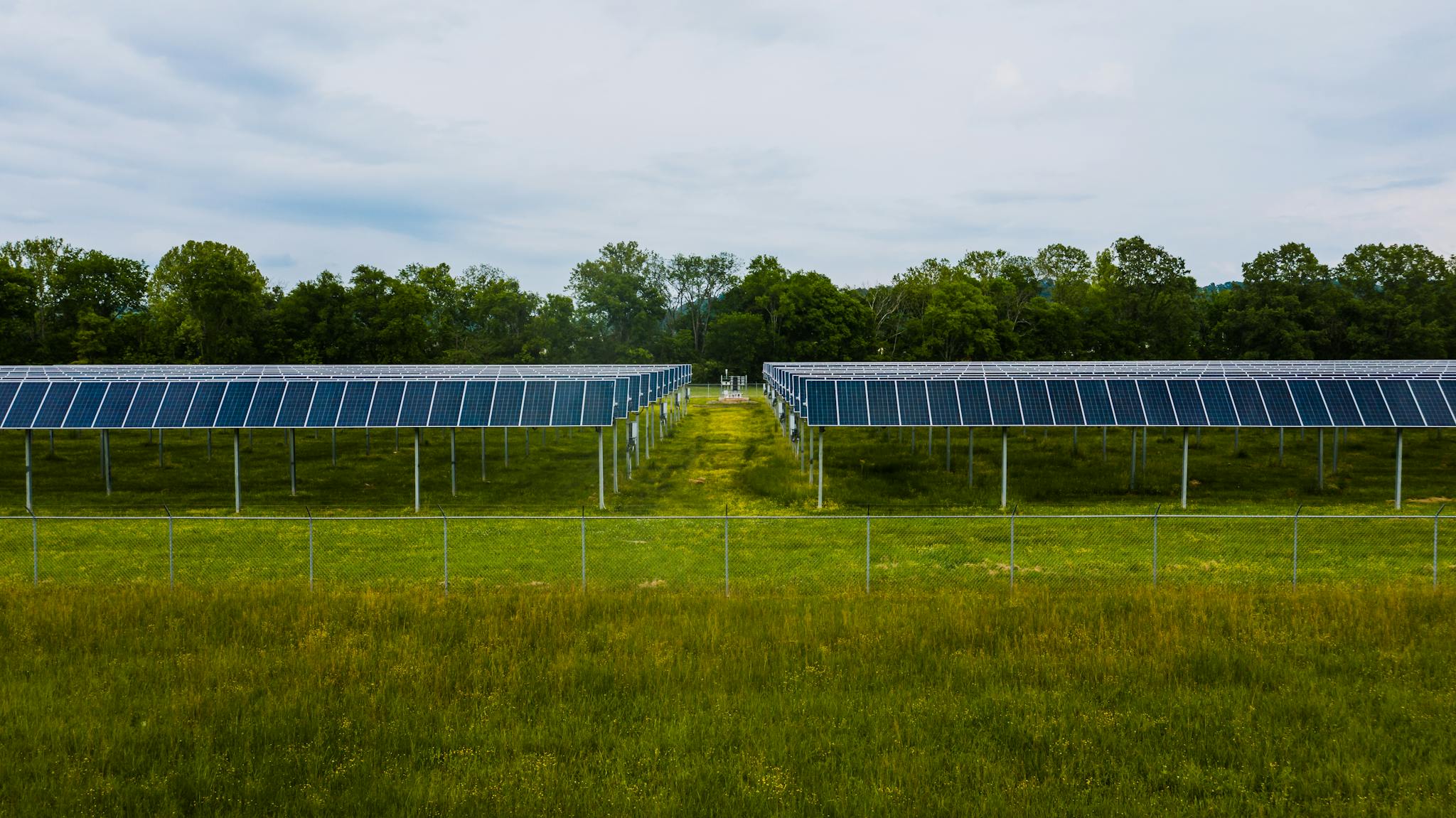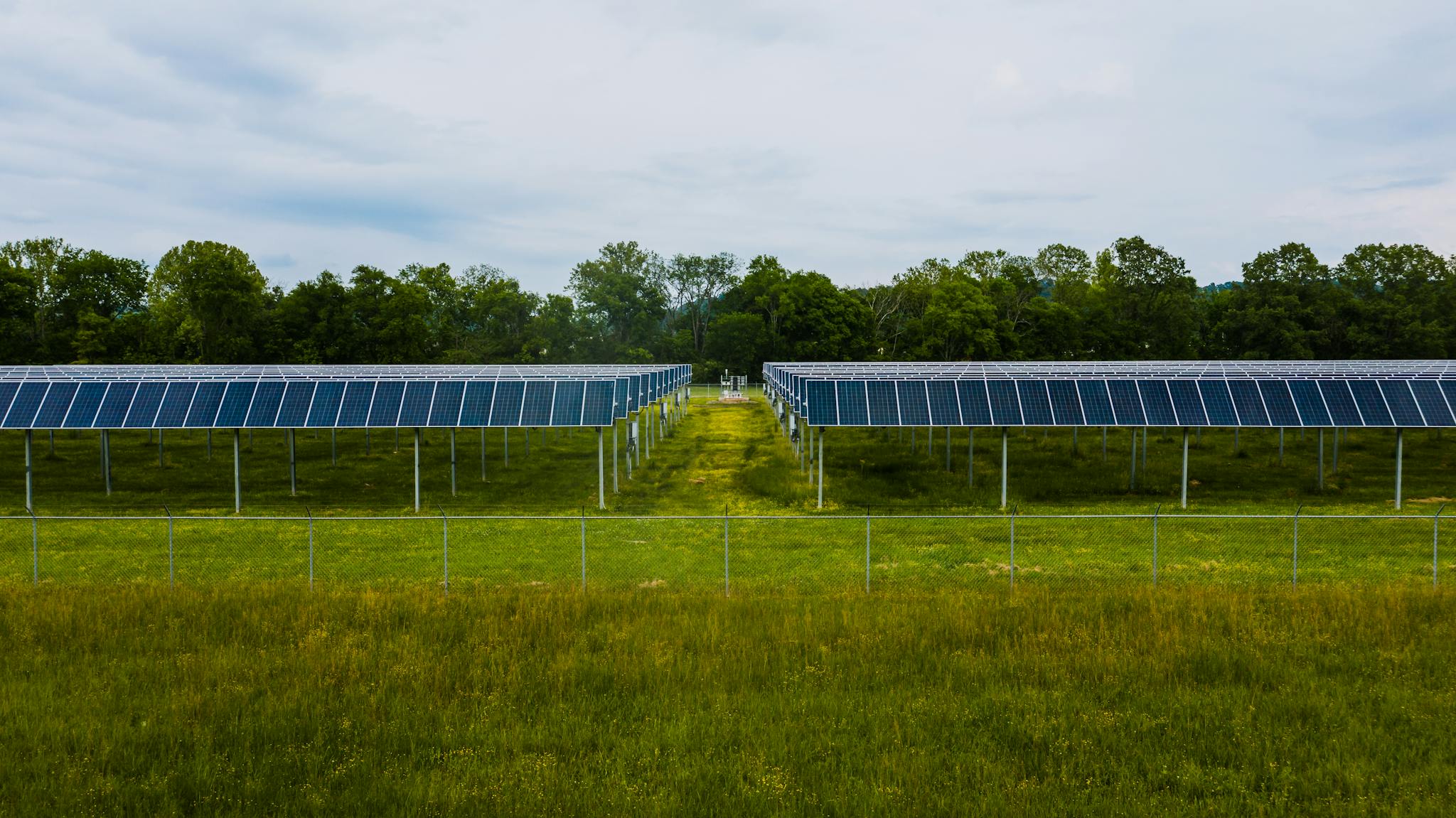Harnessing Solar Energy: A Game Changer for Agriculture
In recent years, the agriculture sector has been increasingly turning to solar energy as a sustainable solution to power irrigation systems and machinery in sorting and packing sheds. This shift not only enhances productivity but also contributes to environmental sustainability. Let’s explore the myriad benefits of integrating solar energy into agricultural practices.
1. Cost Savings
One of the most significant advantages of solar energy is the reduction in energy costs. Once solar panels are installed, the cost of electricity drops dramatically. Farmers can save on fuel and electricity bills, allowing them to allocate resources to other critical areas of their operations.
2. Boosting Productivity and Efficiency
Solar energy can power a variety of agricultural equipment, from irrigation systems to sorting and packing machinery. This leads to:
- Consistent Water Supply: Solar-powered irrigation systems ensure that crops receive the necessary water without interruption, even in remote areas.
- Increased Operational Hours: With reliable energy, farmers can operate machinery longer, enhancing productivity during peak seasons.
3. Environmental Benefits
Utilizing solar energy significantly reduces the carbon footprint of agricultural operations. By decreasing reliance on fossil fuels, farmers contribute to:
- Lower Greenhouse Gas Emissions: Solar energy is clean and renewable, helping combat climate change.
- Sustainable Water Use: Solar-powered pumps can improve access to irrigation while promoting responsible groundwater management.
4. Energy Independence
Solar energy provides farmers with a degree of energy independence. By generating their own power, they are less vulnerable to fluctuations in energy prices and supply disruptions. This stability is crucial for planning and budgeting in agricultural operations.
5. Increased Resilience
Solar energy systems can enhance the resilience of agricultural operations against extreme weather events. For instance:
- Backup Power: In case of power outages, solar energy can serve as a reliable backup, ensuring that critical systems remain operational.
- Adaptation to Climate Change: As climate patterns shift, solar energy can help farmers adapt by providing a stable energy source for irrigation and other essential functions.
6. Government Incentives and Support
Many governments offer incentives for adopting solar energy, such as tax credits, grants, and subsidies. These programs can significantly reduce the initial investment costs for farmers, making solar energy more accessible.
7. Community and Economic Development
Investing in solar energy can stimulate local economies by creating jobs in installation, maintenance, and operation of solar systems. Additionally, it can foster community resilience by promoting sustainable practices.
Conclusion
The integration of solar energy into the agriculture sector is not just a trend; it’s a transformative approach that offers numerous benefits. From cost savings and increased efficiency to environmental sustainability and energy independence, solar energy is paving the way for a more resilient and productive agricultural future.
As farmers continue to explore innovative solutions, solar energy stands out as a beacon of hope for a sustainable agricultural landscape. 🌱
What aspect of solar energy in agriculture interests you the most? Let’s dive deeper!


